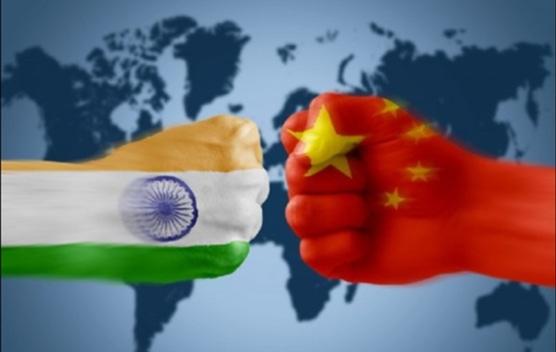China has told India not to exclude Huawei from its upcoming 5G trials, or Indian businesses will face retaliations, Reuters reported.
August 8, 2019

China has told India not to exclude Huawei from its upcoming 5G trials, or Indian businesses will face retaliations, Reuters reports.
Quoting its “sources privy to internal discussions in New Delhi”, the news agency Reuters reported that the warning shots of “reverse sanctions”, should India ban Huawei from its 5G business under pressure from the US, were fired when the Indian Ambassador was summoned to the Foreign Ministry.
India will start trialling 5G in the coming months but has not selected the vendors yet. Ravi Shankar Prasad, the telecom minister, told the parliament earlier that Huawei was one of the vendors that have submitted proposals, though he did not name the others.
“On the issue of Chinese enterprises participating in the construction of India’s 5G, we hope the Indian side makes an independent and objective decision, and provides a fair, just and non-discriminatory commercial environment for Chinese enterprises’ investment and operations, to realize mutual benefit,” said the spokesperson of China’s foreign ministry in a statement sent to Reuters. “Huawei has carried out operations in India for a long time and has made contributions to the development of Indian society and the economy that is clear to all.”
Like all obscure diplomatic parlance, the statement said less than what is left unsaid. However, the stress on “independent” is a clear message that India should calculate its own gains and losses when making the decision, independent of US pressure.
When it comes to security, the parliamentary committee tasked to evaluate the vendors has not found evidence to suggest that Huawei has comprised the security in its current business in India, according to Reuters’ sources.
Similar to the difficult choice the post-Brexit UK has to make, siding with the US or siding with China, when it comes to how to deal with Huawei, India is also caught in the cross fire of the trade war, and its situation is arguably trickier. The US is India’s most important trade partner and the country the Modi government (which has just won the general election with an enlarged majority) desperately would love to be on good terms with.
China, on the other hand, closer to home but is a much smaller trading partner, though a few of India’s leading companies (Tata, Infosys, etc.) do have a limited presence. Meanwhile, the world’s two most populous countries share a long border and do not always see eye to eye. In 2017 there was a two-month long army standoff in a disputed area between the two countries.
While our expert suggested that a way out for the UK could be a government mandated multi-vendor policy, a similar idea was devised by the Indian National Security Advisory Board (NSAB). But instead of asking the telcos to deploy equipment from more than one vendor, the NSAB experts suggested that, if the telcos choose to use Huawei hardware, then the software “to drive equipment” should be Indian-made. This may look reasonable on paper, but since 5G is so heavily software reliant, it is hard to predict how the demarcation will be drawn.
About the Author(s)
You May Also Like








.png?width=300&auto=webp&quality=80&disable=upscale)


_1.jpg?width=300&auto=webp&quality=80&disable=upscale)


.png?width=800&auto=webp&quality=80&disable=upscale)